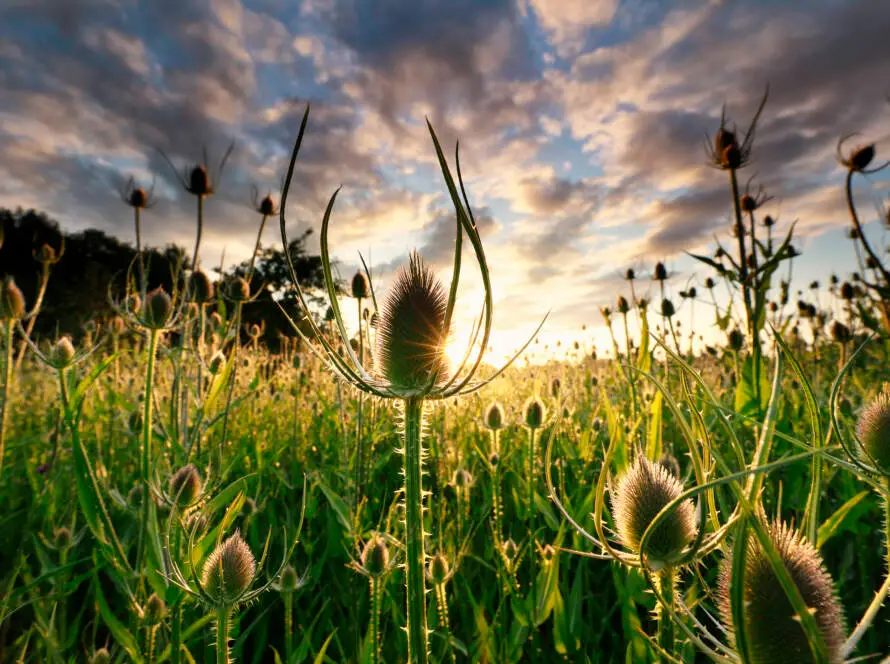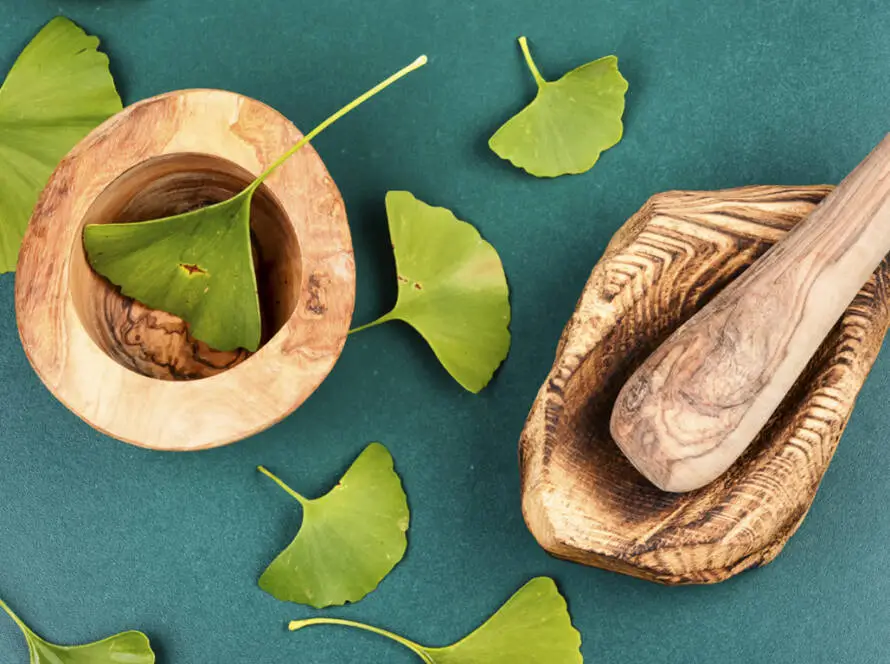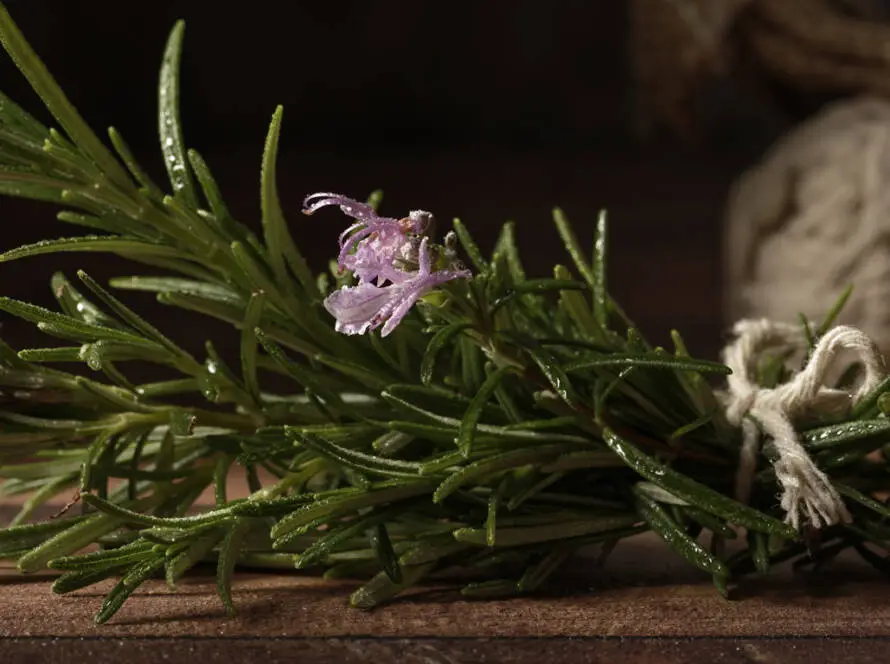Lemon Balm (Melissa officinalis)
Lemon balm, known scientifically as Melissa officinalis, is a perennial herb celebrated for its aromatic leaves and potential health benefits. This herb is native to the Mediterranean and western Asia but is now found globally.
Common Names
- Lemon Balm
- Balm
- Melissa
- Sweet Balm
Physical Description
Lemon balm features low-growing, ovate or heart-shaped leaves that emit a lemony scent when bruised. It produces small yellow or white flowers, which attract bees and other insects.
Historical Significance
Lemon balm has a rich history in herbal medicine, with references by notable figures such as Pliny, Dioscorides, Paracelsus, and John Gerard. Its name, “Melissa,” is derived from the Greek word for bee, while “balm” is a contraction of “balsam.” The herb is acknowledged for its carminative, diaphoretic, and antipyretic properties.
Uses and Effects
Lemon balm is predominantly recognized for its effects on the central nervous system. Research highlights include:
- A small study showing reduced stress and agitation in patients with dementia and Alzheimer’s disease.
- Successful application of lemon balm cream in treating herpes virus lesions across several trials.
Administration Methods
For issues like difficulty sleeping or digestive complaints:
- Tea: 1.5 to 4.5 grams, several times daily.
- Tincture: 2 to 3 mL, thrice daily, equivalent to extracts or capsules.
For treating cold sores or herpes lesions, prepare tea by steeping 2 to 4 teaspoons of crushed leaves in 1 cup of boiling water for 10 to 15 minutes. After cooling, apply with cotton balls to affected areas throughout the day.
Topical Use: Lemon balm can be used in children with the exact dosage as in adults, adjusted based on the child’s weight (e.g., a 50 lbs child would take about one-third of the adult dosage).
Scientific Evidence
Trials have shown symptomatic improvement for herpes virus lesions when a standardized lemon balm cream is applied 2 to 4 times daily for 5 to 10 days.
Side Effects and Cautions
Lemon balm is generally considered safe, with no well-documented side effects. Most clinical trials report no adverse reactions.
Lemon balm’s benefits extend beyond its aromatic qualities, making it a valuable herb in both culinary and medicinal practices.
Resources
- Drugs.com
- Wikipedia.com
This summary highlights the key aspects of Guggul, including its traditional uses, potential benefits, and safety considerations.
Disclaimer
The information I’ve shared about herbs is for educational purposes only and is not meant as medical advice. While many herbs have been traditionally used for their potential health benefits, individual responses may vary, and the effectiveness of herbs can depend on various factors, including personal health conditions and interactions with medications. It is essential to consult with a qualified healthcare professional or a licensed herbalist before using herbs for medicinal purposes or making significant changes to your health regimen. This information should not be considered a substitute for professional medical advice, diagnosis, or treatment.


